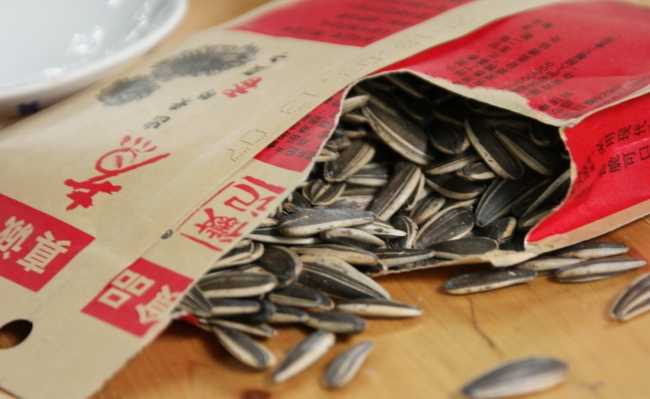Five Foods to Improve Memory and Concentration
Learn about foods that help improve your memory and performance of basic brain functions
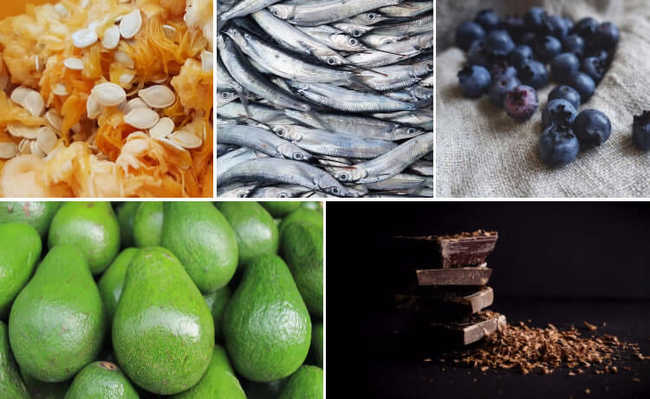
The benefits of eating properly to meet the needs of our body and keep it healthy are already widespread. Among the basic rules are to increase the consumption of fruits, vegetables, vegetables, seeds and fish and reduce the intake of processed foods with high levels of fat, sugar and salt. Consuming memory foods is another way to help our brains function better.
There is a group of foods that can help improve concentration and memory capacity. How about including them in your daily diet and leaving your brain buzzing?
food for memory
Learn more about the foods mentioned in the video above that help improve memory.
1. Blueberry (blueberry)
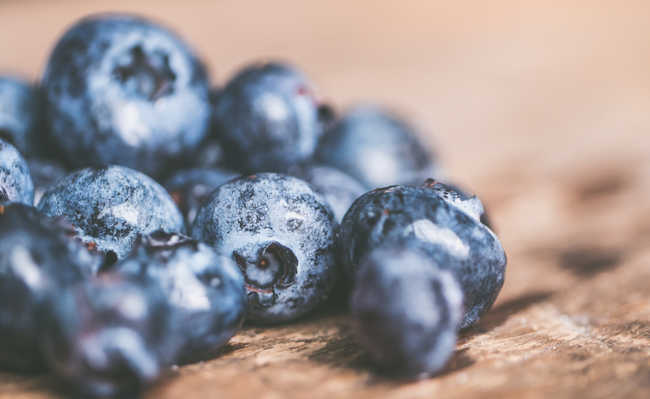
Resized image by Jessica Lewis, available on Unsplash
Oxidative stress can accelerate the brain's aging process, with negative effects on brain function. According to animal studies (visit here and here), the antioxidants (which fight the aforementioned oxidative stress) present in blueberries tend to accumulate in areas of the brain that are essential for memory.
- What is blueberry and its benefits
They appear to interact directly with aging neurons, leading to improvements in cell signaling.
Human studies have also shown promising results. In one of them, nine elderly participants with mild cognitive impairment consumed blueberry juice every day. After 12 weeks, improvements were seen in several markers of brain function.
A six-year study of 16,010 elderly participants found that blueberries and strawberries were linked to delays in cognitive aging of up to 2.5 years.
They are also useful to lower the risk of heart attack, to lower blood pressure, among others. Some ways to consume this food for memory are to make juices, smoothies or ingest it in its normal form.
2. Fish

Edited and resized image by Gregor Moser is available on Unsplash
Fish species such as salmon, mackerel, herring and sardines are rich in omega 3, which is essential for the development and maintenance of brain tissue and for a number of other functions (see more in "Foods rich in omega 3, 6 and 9: examples and benefits"). There are three types of omega 3: alpha-linolenic acid (ALA), eicosapentaenoic acid (EPA) and docosahexaenoic acid (DHA) - the acronyms are in English.
The EPA, according to a study, may be useful to prevent depression. Other research has proven that it can be as effective in fighting the disease as the popular drug Prozac.
DHA represents 40% of the polyunsaturated fatty acids present in the brain. Mothers with a diet sufficient in omega 3 had children with less risk of developing mental illness and more likely to acquire significant levels of intelligence.
For a balanced diet, certain nutritionists recommend two servings of fish rich in omega 3 per week. Some take supplements, but another study questioned their effectiveness, reaching the conclusion that eating fish would be more effective. If you're a vegetarian, there are other options, like pumpkin seed.
3. Avocado
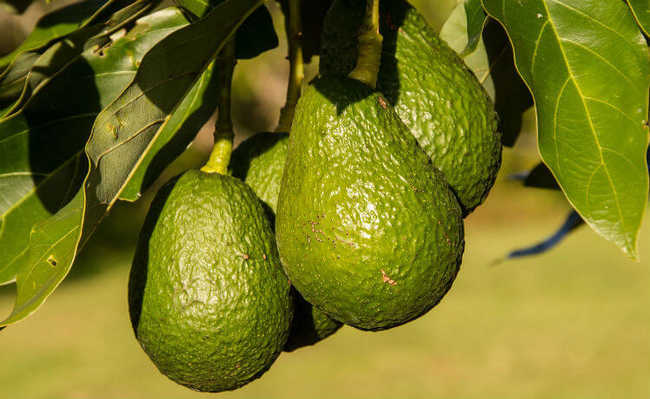
Image available in Pxhere under CC0 Public domain
Although the fruit has high levels of fat, the fat present is monounsaturated and is good for you, helping to raise good cholesterol (HDL) and reduce bad cholesterol (LDL). Avocados facilitate the flow of blood, and any food with this function also helps the brain. "Healthy blood circulation means healthy brain," says Dr. Ann Kulze.
Avocado has many other benefits, ranging from lowering cholesterol to protecting the eyes.
4. pumpkin seed
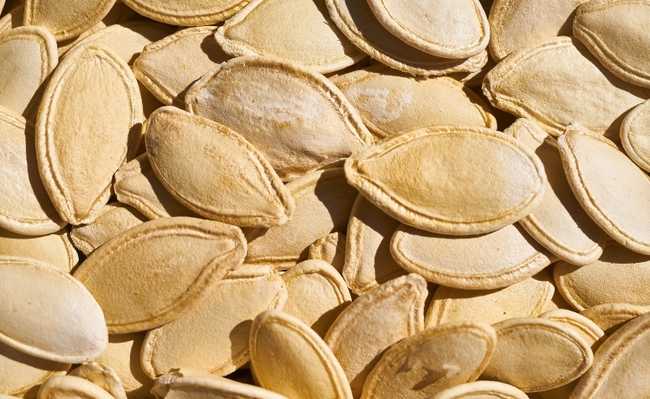
Image of Engin Akyurt in Pixabay
The seeds are rich in omega 3 and omega 6 - this fact alone makes them important for the brain, as we saw in item 2. Pumpkin seeds have a lot of alpha-linolenic acid (ALA), which is an essential omega 3 chain. short, of vegetable origin, and that our bodies do not produce. ALA can be converted into other types of omega 3 (EPA and DHA) thanks to enzymes present in the human body.
Pumpkin seeds are perfect for those who are vegetarian and don't eat fish. Other foods with omega 3 are flaxseed, chia seed, walnuts and other oilseeds.
They are rich in magnesium, which helps control blood pressure, which also aids blood flow to the brain. It has lots of fiber, antioxidants and can help with heart health and lower blood sugar levels.
5. Dark chocolate

Image: Monika Grabkowska on Unsplash
Dark chocolate, rich in cocoa and low in sugar, has nutrients such as fiber, iron, magnesium, potassium and zinc, which provide health benefits. It is also high in antioxidants.
A study of healthy volunteers showed that five days of consuming cocoa with a high flavanol content improved blood flow to the subjects' brains.
Cocoa can also significantly improve cognitive function in elderly people with intellectual disabilities, increase verbal fluency and decrease risk factors for mental illness.
Cocoa-rich dark chocolate contains stimulating substances such as caffeine and theobromine, which may be one of the main reasons cocoa is able to improve brain function in the short term.



